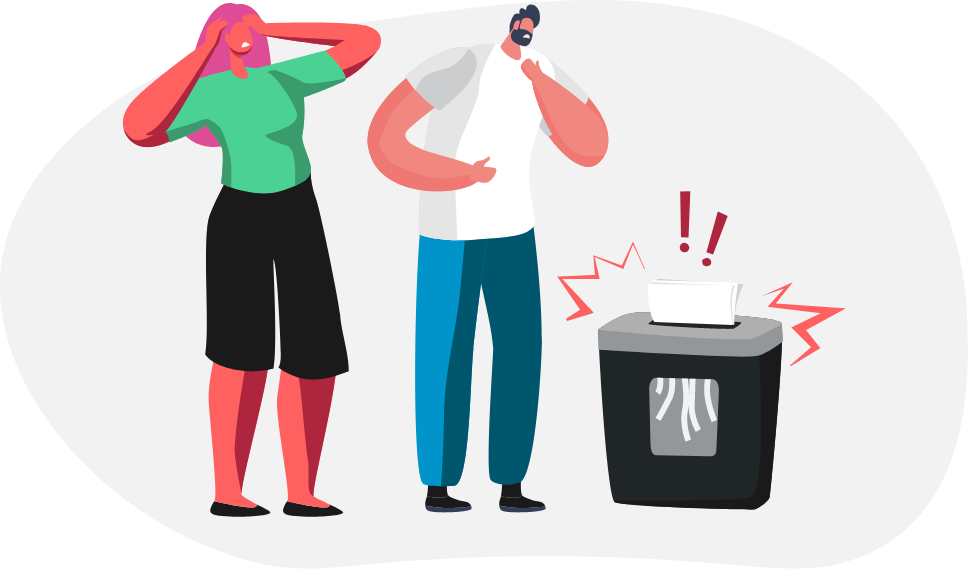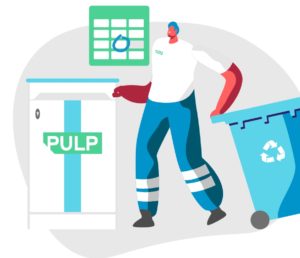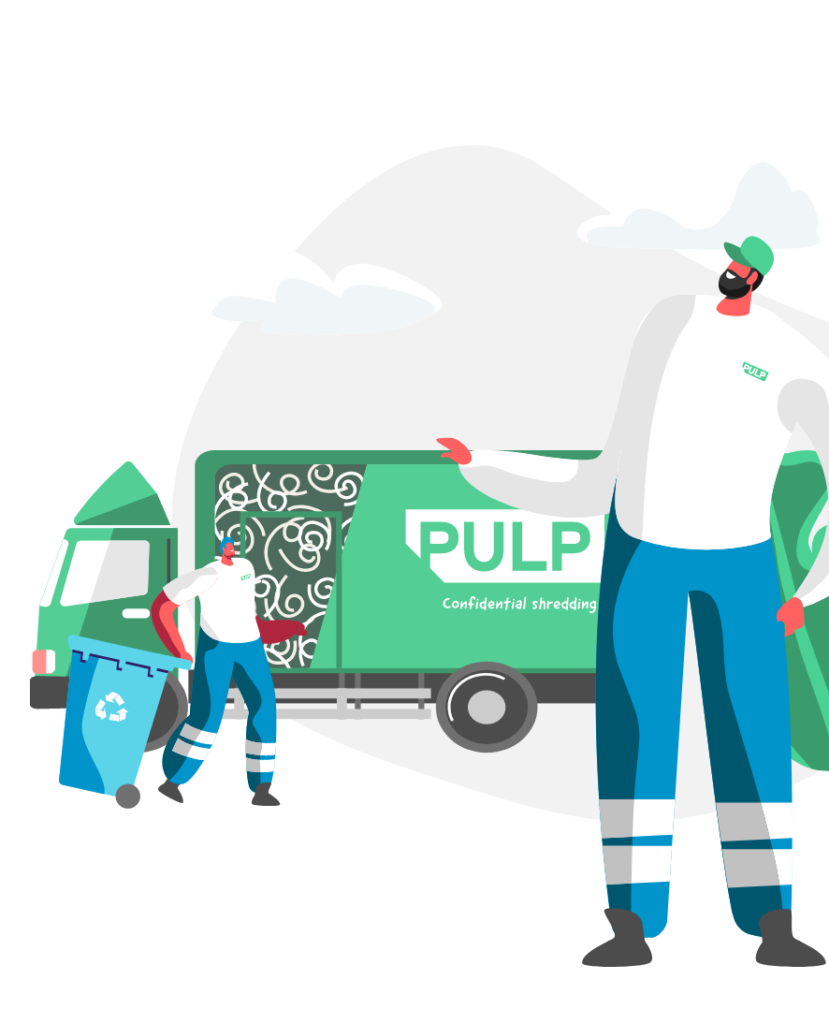Here’s the truth: identity theft and data breaches are increasing threats to privacy. From financial records to personal documents, sensitive information falling into the wrong hands can have devastating consequences.
Take, for example, the serious data breach that put out the details of police officers in Northern Ireland. How did it happen? Improper disposal of physical documents.
Such incidents emphasise the need for a reliable and secure shredding service. It helps you in protecting confidential data and complying with privacy regulations like the EU’s General Data Protection Regulation (GDPR).
This article will overview eight common document types that you should be shredding to safeguard the privacy of your customers and avoid fines for non-compliance. Read on to learn what files belong in the bin versus the shredder.
- Personal Documents
Personal documents contain sensitive information like your full name, date of birth, address, phone number, and more. Things like copies of passports, health insurance cards, tax records, and any files listing this data should be shredded when no longer needed.
Identity thieves can easily leverage these paper records to take advantage. So, ensure you securely shred such personal records, whether they belong to you or your customers. - Financial Documents
Financial statements, loan applications, receipts, cancelled checks, and similar records have your bank account and credit card details. Meaning? Criminals can easily exploit using such information. Even ATM slips may have sensitive information.
What does this mean for you? Shredding these documents prevents fraudsters from stealing your money or ruining your credit.
Under GDPR rules, financial companies have strict protections and disposal protocols for customer data. But individuals also must take precautions when handling their own sensitive finance papers.
Consider hiring a secure shredding service like Pulp to properly dispose of financial documents through one-off or regular shredding. This way, there’s no chance your confidential materials are going into the wrong hands. - Medical Records
Do you know? Medical charts may contain extremely sensitive personal information, from Personal Public Service (PPS) numbers to family histories of disease. Additionally, the Health Information and Quality Authority (HIQA) has recommendations for healthcare practitioners and organisations to uniquely identify them.
In other words, medical records have a significant amount of sensitive information.
Whether you’re a patient, staff or practitioner, you have a duty to properly dispose of medical records like prescription slips, doctor’s notes, and insurance explanations of benefits. If your hospital is not using shredding services yet, they may face hefty fines due to GDPR rules.
To safely shred medical records, use a cross-cut shredder or employ a secure shredding company. Don’t forget to take the certificates of destruction after regularly collecting confidential documents. - Legal Documents
Legal records like contracts, wills, lawsuits, and settlements have confidential data. Your law firms accumulate mountains of sensitive client information daily.
So, you must adhere to professional conduct rules and privacy laws regarding proper destruction. Even if you’re a private lawyer, having your client’s information properly destroyed is mandatory.
Think for a minute. Such legal documents, when in the wrong hands, can give huge leverage to the criminal and take advantage of your clients from the position of vulnerability. In short, it hampers your organisation’s image and erodes trust. - Business Documents
Your employee data, customer information, trade secrets, memos, notes, and other proprietary company records need secure shredding. Disposing of these carelessly brings legal liability and compliance issues. If you fail to comply, your organisation may face steep fines for violations under GDPR rules.
You can minimise risk through reliable shredding policies, providing staff training, using locked bins, and using shredding service providers that offer one-off or regular shredding services.
Remember to also shred non-digital media like CDs, videos and backup tapes as they can contain confidential info about you and your company. - School Records
Are you a school? Then be extra cautious. Student files contain sensitive information and therefore demand vigilant security protocols for storage and destruction. Transcripts, enrollment paperwork, disciplinary records, test scores, contact info and more all require safeguarding and proper shredding.
Your school risks violating GDPR laws if documents are improperly discarded. Use cross-cut shredders that turn pages into tiny bits. Remember to hire a reliable company that provides certificates of destruction. - Resumes or CVs
As an employer, you come across tons of resumes or CVs on a daily basis. These documents contain full names, birth dates, addresses, education details, work histories and other personal information. Naturally, there’s a risk of identity theft.
Your company must have secure shredding policies. For example, your organisation can deploy one-off shredding services to destroy physical copies and protect applicants’ data.
Additionally, you should provide locked consoles to your employees for scheduled destruction. This avoids accidental data dumps that put candidates at risk. - Digital Devices (IT Destruction)
There’s one more place where your confidential information lies: digital devices. I.e. phones, laptops, tablets, printers/copiers and external media like USB thumb drives. OK, we know what you’re thinking: you’re already deleting and formatting your IT storage devices, right?
Simply deleting and formatting won’t work. There are certain ways in which formatted or deleted information can be retrieved. The chances are slim. But imagine the repercussions even if the criminals get their hands on your confidential data.
Wrapping Up: Which Documents To Shred
By now, you know the eight types of documents you should be shredding. Identity theft, fraud, and data breaches bring devastating financial and legal consequences.
You must comply with expanding privacy rules and avoid heavy penalties for violations. Safely handling and then destroying sensitive documents is imperative for individuals and organisations alike.
But that’s not all: Learn and follow sound document security principles. Provide your staff the training and reinforce best practices. Ensure you hire reliable shredders who are certified and qualified.
Your one step towards your customer privacy will earn you huge respect and keep the fraudsters away: a win-win indeed.





